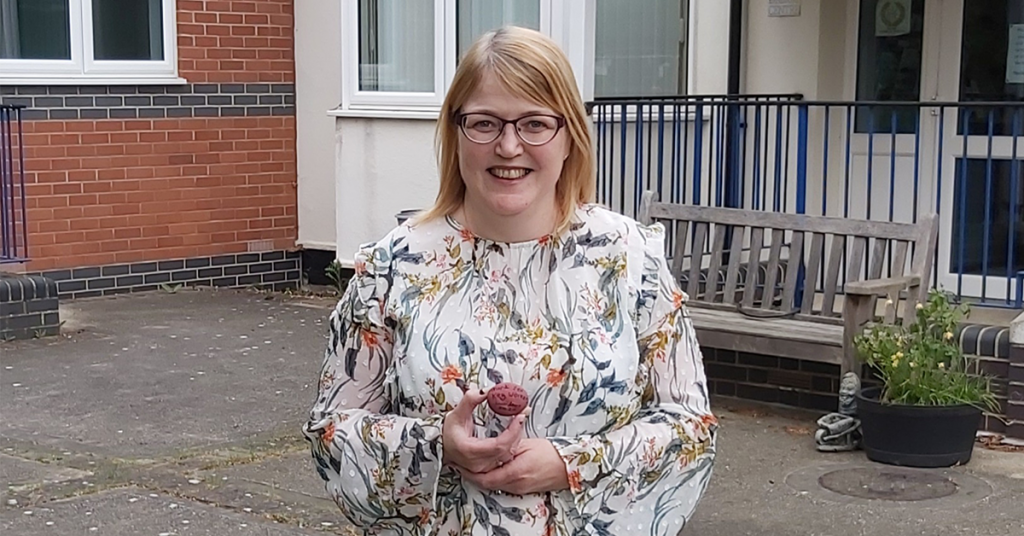
Life After Lockdown with Acquired Brain Injury
As the UK begins to relax lockdown restrictions, I find myself thinking about our clients and others who live with an acquired brain injury, and how they will cope in this new socially distanced world.
The restrictions brought about to prevent the spread of COVID-19 has changed everyone’s life and for someone living with acquired brain injury and their family or carers, this compounds the difficulties they are already living with and the adjustments they have already had to make to their lives.
All Brain Injuries Are Different
The experience of everyone with a brain injury is different; and for some it is very much a hidden disability.
For many, with the right support and rehabilitation they will get back to living a fairly normal life but could still experience deficits in their cognitive function affecting areas such as; learning, thinking, reasoning, remembering, problem solving, decision making, and attention. For others, their brain injury may affect their social skills and may reduce their inhibitions, make them more impulsive and unable to assess risks.
COVID-19 Restrictions Can Be Difficult to Follow
They may not understand the need for social distancing, remember to wash their hands, wear face coverings or know why they can’t just hug someone they know. There is a risk impulsively could mean they approach or even try to hug a stranger in the street and find themselves in a difficult situation, being shouted at or worse.
Hopes for a More Tolerant and Inclusive Community
At Headway Essex we will do everything we can to help our clients and their families adjust to this new way of living, through our regular welfare calls and on-line support groups and activity sessions.
My hopes are that over the last 10 weeks of lockdown that as a nation our values have shifted.
Instead of the usual ‘busy, busy, busy’ lifestyle, we take time to slow down, and really acknowledge what and who is around us and recognise those who may be in more need of support and understanding.
We need to ensure that the amazing spirit we saw when the Government asked for 250,000 volunteers and three times that number came forward remains – and we treat people who behave differently with kindness and compassion.
Stella Kerins
Head of Brain Injury Care Services, Headway Essex
